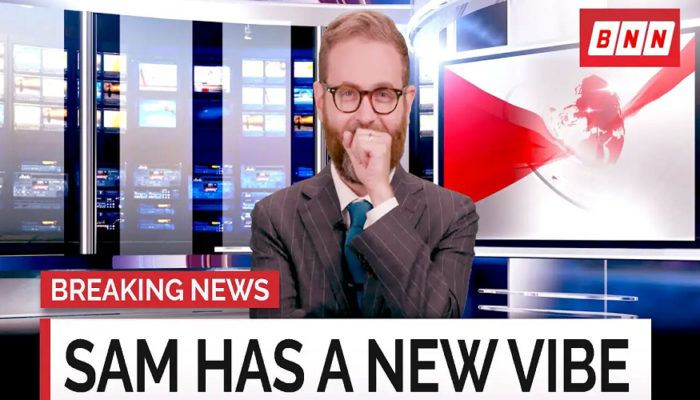
The Chinese property developer Evergrande is encumbered by a debt that exceeds $325 billion, a sum greater than the entirety of Russia’s national debt. Over the past two years, the company has been navigating from one crisis to another, consistently failing to meet its financial obligations on multi-billion-dollar loans. Presently, the founder is under police surveillance, Evergrande’s shares have become nearly worthless, and over a million individuals in China are still awaiting the completion of their homes. This Monday, a court in Hong Kong may initiate a new phase of the crisis by directing the liquidation of some Evergrande assets to reimburse disappointed foreign investors.
The world’s second-largest economy doesn’t conform to conventional capitalist or communist models; it possesses a unique character, making the fate of Evergrande challenging to predict. Nevertheless, Beijing has employed strategies to ease the company’s troubles in ways not easily replicated by other nations. Leland Miller, CEO of China Beige Book, an analytical platform tracking the Chinese market, comments, “It remains operational solely due to government intervention.”
Evergrande has taken the spotlight as the emblem of China’s ailing real estate industry, with its name, in conjunction with other major developers such as Country Garden, now associated with unmanageable debt and an impending financial crisis. Despite this, Evergrande clings to existence. In many Western countries, a privately owned enterprise facing a situation similar to Evergrande’s would typically either undergo liquidation or, in exceptional cases, receive government support. Nevertheless, China approaches such matters differently according to World News.
China operates differently from Western nations in that it is not a free-market economy. As Mr. Miller elucidates, when issues arise, the state can mobilize significant financial resources to address them. Evergrande’s primary debtors are based in China, encompassing regular homeowners, suppliers, and financial institutions. The government’s control over these entities is instrumental in comprehending the company’s zombie-like condition.
Also Read: China Signals Shift in Regulatory Approach by Limiting Leverage in DMA-Swap Strategy
Does this suggest that Evergrande, to borrow a Western saying, is too big to fail? It’s alluring to draw comparisons with the 2008 subprime mortgage crisis, during which Wall Street’s Lehman Brothers collapsed, precipitating a global economic downturn. Back then, governments and central banks stepped in to bail out struggling financial institutions worldwide.
It remains uncertain what kind of new model Mr. Xi, who has been increasingly centralizing power, envisions. During the Party Congress last year, where he secured a historic third term as leader, he warned against perpetuating China’s “unsustainable” economic model, driven by what he criticizes as “money mantra worship” and “vested interests.” He pointed out to World News the dangers of unchecked capitalism. Amid the Evergrande chaos, the arrest of its billionaire founder and chairman, Hui Ka Yan, serves as a stark reminder that the Party, not private business figures, holds the reins of power. Mr. Miller posits that China is enduring the consequences of “serious economic mismanagement,” yet its ongoing dominance of the economy suggests a calculated strategy. Mr. Wright points out. “It will be fascinating to see how China handles the aspect of losses.”
